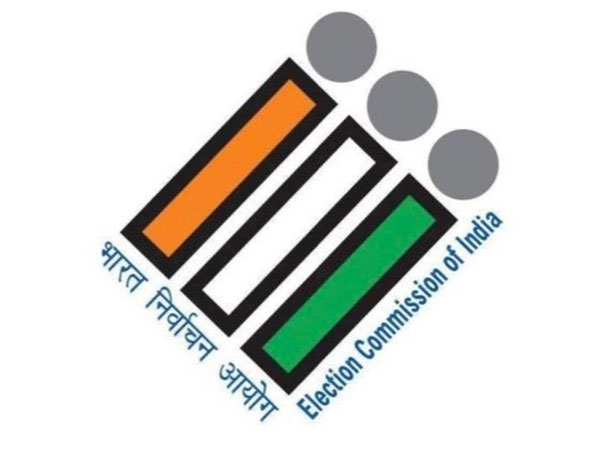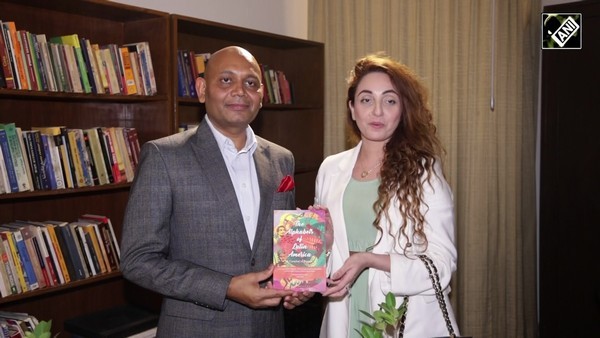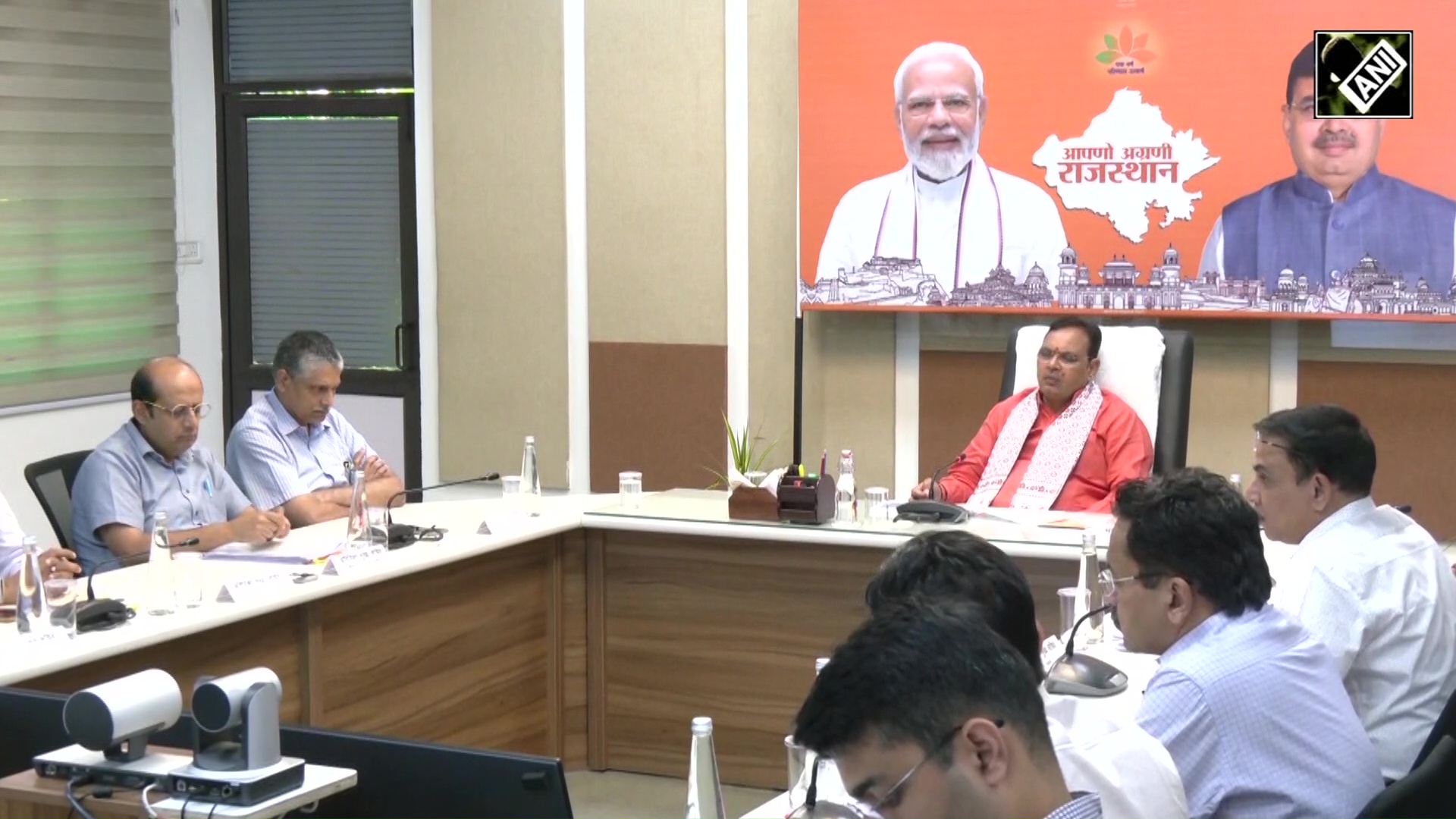Maharashtra: Kolhapur's Iconic Jaggery Industry Battles Challenges to Keep Its Sweet Legacy Alive
Nov 14, 2024

By Amrit Prakash
Kolhapur (Maharashtra) [India], November 14 : Kolhapur, a city in Maharashtra known for its rich agricultural heritage, has long been associated with a sweet legacy - its renowned jaggery. For centuries, the region's jaggery, particularly the one produced in Arjunwada and Kagal, has been celebrated for its distinctive taste that comes from the region's fertile soil, clean water, and favourable climate.
This traditional product, which holds a Geographical Indication (GI) tag, has not only catered to local markets but has also earned recognition globally, with significant exports to countries like the UK, USA, and Dubai. However, this age-old industry, once thriving with over 1,000 jaggery units, was facing a slow, but steady decline.
The jaggery industry in Kolhapur is grappling with several challenges, from rising production costs and labour shortages to adulteration and shifting consumption patterns. Traders and producers of authentic Kolhapuri jaggery are particularly concerned with the increasing mix of sugar in jaggery, leading to a decline in quality. In addition, the introduction of a five per cent Goods and Services Tax (GST) on packaged jaggery has compounded the struggles, further pushing the prices up and reducing demand in both domestic and international markets.
"I started this unit about 5-6 years ago. Earlier, there used to be more than 1,000 jaggery units here, but now the number has reduced significantly, with only 100-150 units remaining. This is primarily because of two reasons: labour shortages and stagnant jaggery prices. Over the last 10 years, while the cost of living has increased, the price of jaggery has remained the same. Profitability is essential, and it's no longer viable as the cost of sugarcane has increased compared to a decade ago. Consequently, the number of jaggery units has decreased," Suyog Patil, a jaggery producer from Kolhapur, told ANI.
"Kolhapur's jaggery has a GI (Geographical Indication) tag. Chhatrapati Shahu Maharaj started the Kolhapur market, and jaggery has been made here since that time. Over the years, it has become a brand, popularly known as the 'Sahu Brand.' Most of this jaggery is exported outside the region. Currently, jobs are scarce. I am a graduate, but I couldn't find a job, so I decided to start this jaggery unit. Although there is significant demand for jaggery outside, the number of jaggery units here is still declining. Even the jaggery that used to go to Gujarat has reduced. This is why I started this business, considering its profitability," he added.
Patil, the local jaggery producer, also highlighted the issue of jaggery from other states being sold in Kolhapur's market under the 'Kolhapuri' label. The sweetness of Kolhapuri jaggery comes from the richness of soil here, he added.
"Now, there is an issue with jaggery from other states being sold in Kolhapur's market with a Kolhapuri jaggery sticker. While there's no problem with other states' jaggery being sold in the market--after all, it's an open market--the issue arises when jaggery from outside is falsely branded as Kolhapuri. This practice has impacted the reputation and pricing of authentic Kolhapuri jaggery. The unique sweetness of Kolhapuri jaggery comes from the richness of the soil here. It is this soil that gives Kolhapuri jaggery its distinctive taste and popularity. Most of the jaggery goes to Gujarat, as people there consume a lot of it. Traders from Gujarat and other states source it, and it is also supplied across India. There is an urgent need to stop the practice of mislabeling jaggery from other states as 'Kolhapuri.' If this is controlled, the prices of authentic Kolhapuri jaggery will increase, and the number of units here could grow again, just like before. The declining prices and lack of labour are also major reasons behind the closure of jaggery units," Patil said.
Patil, who took a leap into the jaggery business after facing challenges finding employment, believes the government could play a crucial role in supporting the industry. He proposed that Kolhapuri jaggery be included in school meal programs to promote its health benefits among children, fostering a new generation of consumers. 
"I would like to request the Prime Minister to mention Kolhapuri jaggery and its sweetness in his speeches during his visits across India and abroad. If he promotes it, it would benefit us greatly. We would even like him to become the brand ambassador of Kolhapuri Jaggery. If the Prime Minister becomes its brand ambassador, the value and demand for Kolhapuri jaggery will increase significantly," Patil requested Prime Minister Narendra Modi while talking to ANI.
Atul Shah, a jaggery merchant in Kolhapur's Shri Sahu Market Yard, spoke about the negative impact of GST, saying that it has increased the selling price.
"The 5% GST on labelled Jaggery has increased the selling price," Shah told ANI.
"If the government removes this tax, it would significantly benefit the industry and improve farmer rate," he said, adding that the rise in adulteration was due to the growing demand for white jaggery, which is often mixed with sugar, affecting the product's authenticity and health benefits.
Balasaheb Patil, an organic jaggery producer and farmer, said that he has witnessed the decline of the Kolhapuri jaggery industry.
"In the past, there were around 1,200 jaggery units, but now only 50 remain," Patil said, adding that the labour shortage along with a lack of awareness about the health benefits of high-quality jaggery has led to this decline.
Patil, a proponent of organic farming, shared that the organic jaggery he produces is rich in vitamins and minerals, unlike the adulterated varieties flooding the market.
"We use no chemicals--just sugarcane juice boiled to perfection," he said. 
"Our jaggery contains eight to nine types of vitamins and minerals, which make it far healthier than the commercial varieties," said Balasaheb Patil, adding that raising awareness about organic jaggery's benefits could help revive the market.

















